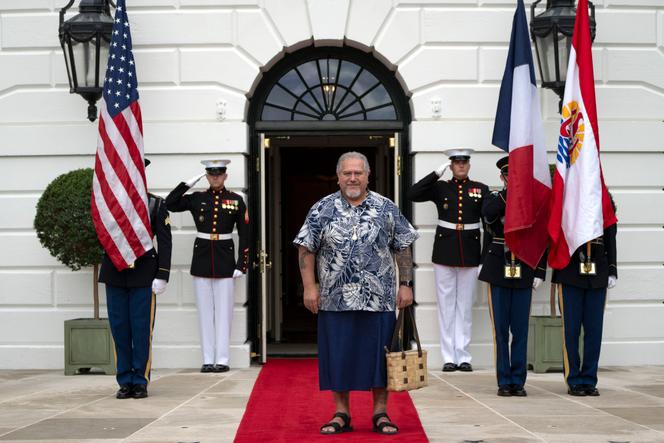


Forty-four petitioners will defend a number of positions important to the Polynesian pro-independence party, the Tavini, before the United Nations General Assembly Fourth Committee on Tuesday, October 3. These positions relate to the anti-nuclear struggle, decolonization and the right to self-determination. A more recent idea that is also expected to be presented is the establishment of Ma’ohi citizenship, which was the subject of a government wish from Moetai Brotherson published in the Journal Officiel on September 26. If adopted, it would allow recognized citizens of French Polynesia to have priority access to employment and land. The primary goal for the Tavini party, however, remains to move closer to sovereignty for the French Pacific territory, under the watchful eye of French officials.
In 2013, the movement succeeded in getting French Polynesia re-listed as a non-self-governing territory to be decolonized by the UN. Since then, not much has happened. The pro-France autonomy party remained in power. Its leader, Edouard Fritch, won all the elections and could assert before the UN that the independence supporters were a minority in French Polynesia.
In 2022, however, he suffered a decisive defeat in the legislative elections and all three parliamentary seats were won by independence supporters: the intellectual Steve Chailloux, the youngest member of the Assemblée Nationale, Tematai Le Gayic, and the charismatic Moetai Brotherson, who began his second term (Democratic and Republican Left-New Popular Ecological and Social Union) and took the lead of the delegation for overseas territories. Buoyed by this victory, Brotherson became the candidate of his party for the presidency of French Polynesia. In April 2023, the Tavini’s victory was overwhelming, with a six-point lead over Fritch’s Tapura party. Brotherson, 53, was elected President of French Polynesia and was endorsed by the historical leader of his party, Oscar Temaru, his father-in-law, the mayor of Faa’a and the founder of the pro-independence movement in 1977.
78-year-old Temaru's gamble paid off. By choosing the most moderate figure from his party, he won the votes of autonomists disappointed with the previous government. But this choice has created some dissatisfaction. Former activists would have preferred Antony Géros, the party’s vice president, who they view as more legitimate and embodies the radical Tavini stance. They have not welcomed the realistic statements of Brotherson, who believes that French Polynesia cannot become independent for another "10 or 15 years," the time needed to achieve a viable economic model. The state currently provides nearly €2 billion in support to the territory each year.
You have 43.21% of this article left to read. The rest is for subscribers only.
